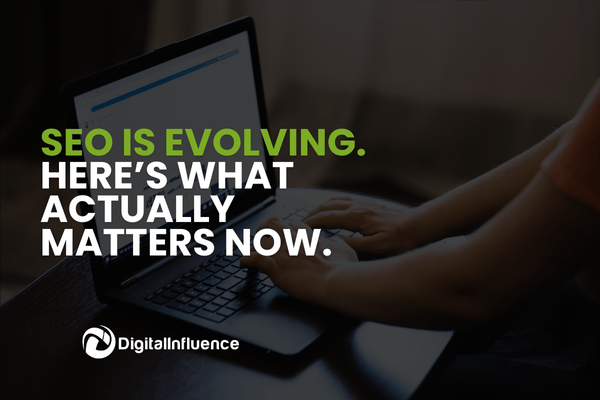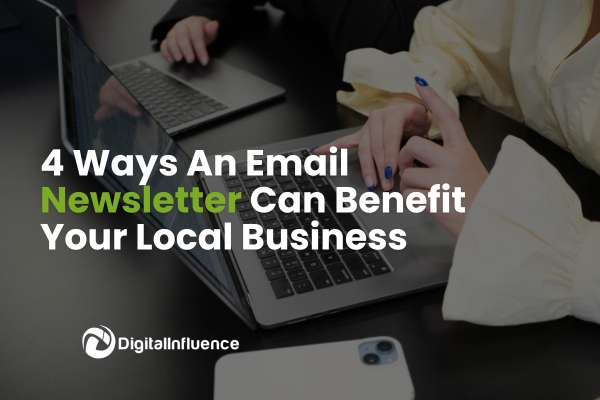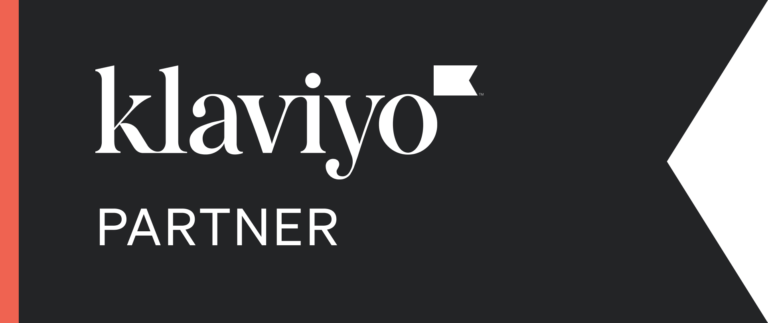Search engine optimisation has changed. It’s no longer just about sprinkling in the right keywords or chasing backlinks. Today, it’s about making sure your business shows up in the right places; whether that’s on Google, in an AI-powered answer, or directly inside a customer’s search experience.
The goal is still the same: helping people find your business online and take action. But how we get there has evolved. In 2025, showing up means being understood by search engines and recommended by AI tools like ChatGPT and Google Gemini.
Here’s a breakdown of the five key types of SEO that matter today and how they apply to real New Zealand businesses who want to be seen, trusted, and chosen.
1. SEO – Search Engine Optimisation
This is the foundation of your online presence. When someone searches for “plumber in Christchurch” or “best dog food NZ,” strong SEO is what helps your website appear in those results. That means using relevant keywords, writing content that answers what people are searching for, and making sure your site loads quickly and works smoothly on mobile. Google needs to understand what you do… and so do your customers.
Example: A Christchurch-based beauty clinic appears on page 1 for “lip filler Christchurch” after optimising their treatment pages with local keywords, improving their mobile speed, and getting listed on trusted local directories.
2. AIO – AI Optimisation
AI tools are becoming a go-to source for research. People are asking ChatGPT or Google Gemini what to buy, where to go, and who to trust - and if your business is easy for these tools to understand, you’re more likely to be recommended. That means writing clear, structured content, keeping your details consistent across the internet, and being mentioned in credible places like forums, directories, or industry resources.
Example: A New Zealand HR software company appears in AI recommendations when people ask about tools for small businesses, thanks to consistent mentions in help forums, clear product documentation, and listings on comparison sites.
3. GEO – Generative Engine Optimisation
This is all about being part of AI-generated answers. When someone types into ChatGPT, “What are the best birthday venues in Auckland?”, AI scans the web to build a helpful response, and you want your business to be in that mix. To do that, your content needs to be written in a way that’s easy to scan, summarise, and cite. Clear formatting, structured pages, and FAQs all help make your content AI-friendly.
Example: A children’s indoor play centre in Auckland is featured in ChatGPT’s suggestions for birthday venues because their website includes package details, prices, and FAQs in a format that’s easy for AI to pull from.
4. AEO – Answer Engine Optimisation
This type of SEO is what helps your content show up in featured snippets; the quick answers Google often displays at the top of search results. If someone searches a question like “How long does a partnership visa take in NZ?”, the site that answers it clearly and directly is more likely to be featured. That means anticipating your customers’ questions, giving them straight answers, and formatting content so it’s easy to scan.
Example: An immigration advisor in Hamilton shows up as the top answer for a visa-related query because their page starts with a direct answer, uses simple headings, and includes structured data behind the scenes.
5. SXO – Search Experience Optimisation
This is where visibility turns into value. Once someone lands on your website, they need to find what they’re looking for, fast. Good SXO means your site loads quickly, works well on mobile, and makes it easy for people to book, buy, or get in touch. It’s not just about traffic; it’s about turning that traffic into results.
Example: A Queenstown adventure tourism operator sees higher conversion rates than competitors by having a clean website that loads fast, shows pricing upfront, and lets customers book in just a few clicks.
SEO in 2025 isn’t just about rankings. It’s about relevance, clarity, and trust, whether someone finds you on Google, through an AI tool, or from a recommendation online. The businesses that succeed are the ones who make it easy for both people and machines to understand what they offer. At Digital Influence, we help New Zealand businesses do exactly that by making sure you're easy to find, easy to trust, and easy to buy from. If you want clarity around where your website stands and where the biggest opportunities are, we’d love to help you map it out!




.png)

